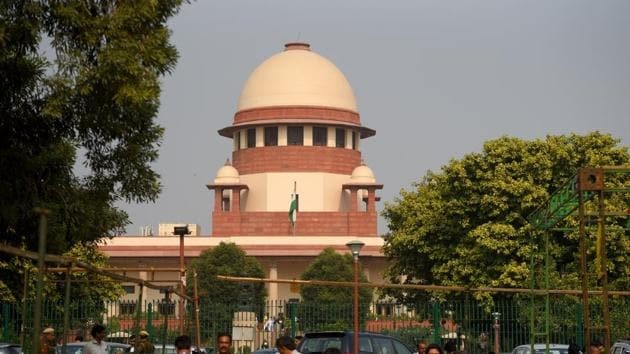Single adjudicator Justice N Anil Kumar forced expenses while excusing a second allure against the sets of a preliminary court and first redrafting court which had held that the child in-law has no option to upset the quiet ownership of the dad-in-law over his structure or property.
The High Court saw that the dad-in-law is paying duty on the property and constructing and has been living in something very similar. The Court additionally thought that it is hard to hold that the litigant is an individual from the family.
The Kerala High Court as of late held that a son-in-law cannot claim any legitimate right or possession over his dad in-law's property.
"The respondent is the child in-law of the offended party. It is somewhat despicable for him to argue that he had been taken on as an individual from the family, resulting in the marriage with the offended party's girl."
The Court appealed to the choice of the Supreme Court in Nair Service Society Ltd. v. KC Alexander and Ors. which emphasized the rule that belonging is acceptable against everything except the genuine proprietor.
"The legitimate owner(father-in-law) documented a suit for straight hurdling him from running into the property of the owner. The home of the defendant(the appealing party child in-law), assuming any, in the plaintiff plan building is just tolerant in nature. The litigant can't fight that he is in legitimate ownership of the suit property or the structure", the request expressed.
The child in-law had moved toward the High Court against the sets of lower courts which had conceded super durable directive to the dad in-law, forbidding the child in-law from intruding into the plain plan property or meddling with his quiet belonging and satisfaction in the said property.
The property had a place with the offended party by the ethicality of a gift deed.
Backer Blaze K Jose addressed the litigant and promoter VT Madhavanunni addressed the respondent
The child in-law had fought that he had hitched the main girl of the respondent and had been for all intents and purposes embraced as an individual from the family resulting in the marriage. Accordingly, he battled that he has the privilege to dwell in his dad in-law's structure.
He further argued that he has developed a structure in the property consuming his own cash and he has no other spot of residence.
The inquiry considered by the Court was whether a child in-law has any legitimate right over his dad in-law's property and building.
The Court noticed that the plaintiff plan property was gifted for the offended party by the congregation specialists via a gift deed.
Notwithstanding, it believed that it isn't important to choose the legitimacy of a gift deed executed by the congregation for the offended party. The suit for order documented by the offended party has the right to be considered on the strength of set up ownership of the offended party over the suit property and the structure, the Court said.
The Court dismissed the charges made against the dad in-law's person as Section 52 of the Indian Evidence Act gives that in common cases, a reality relating to the personality of an individual isn't applicable.
Also, since the dad in-law had been making good on charges and living in the structure and had just recorded the suit of long-lasting directive against his child in-law and not his own girl, the Court thought that it is hard to hold that the child in-law has been taken on as individual from the family.
The Court maintained the choice of the principal redrafting court and the declaration for directive allowed by the preliminary court.










